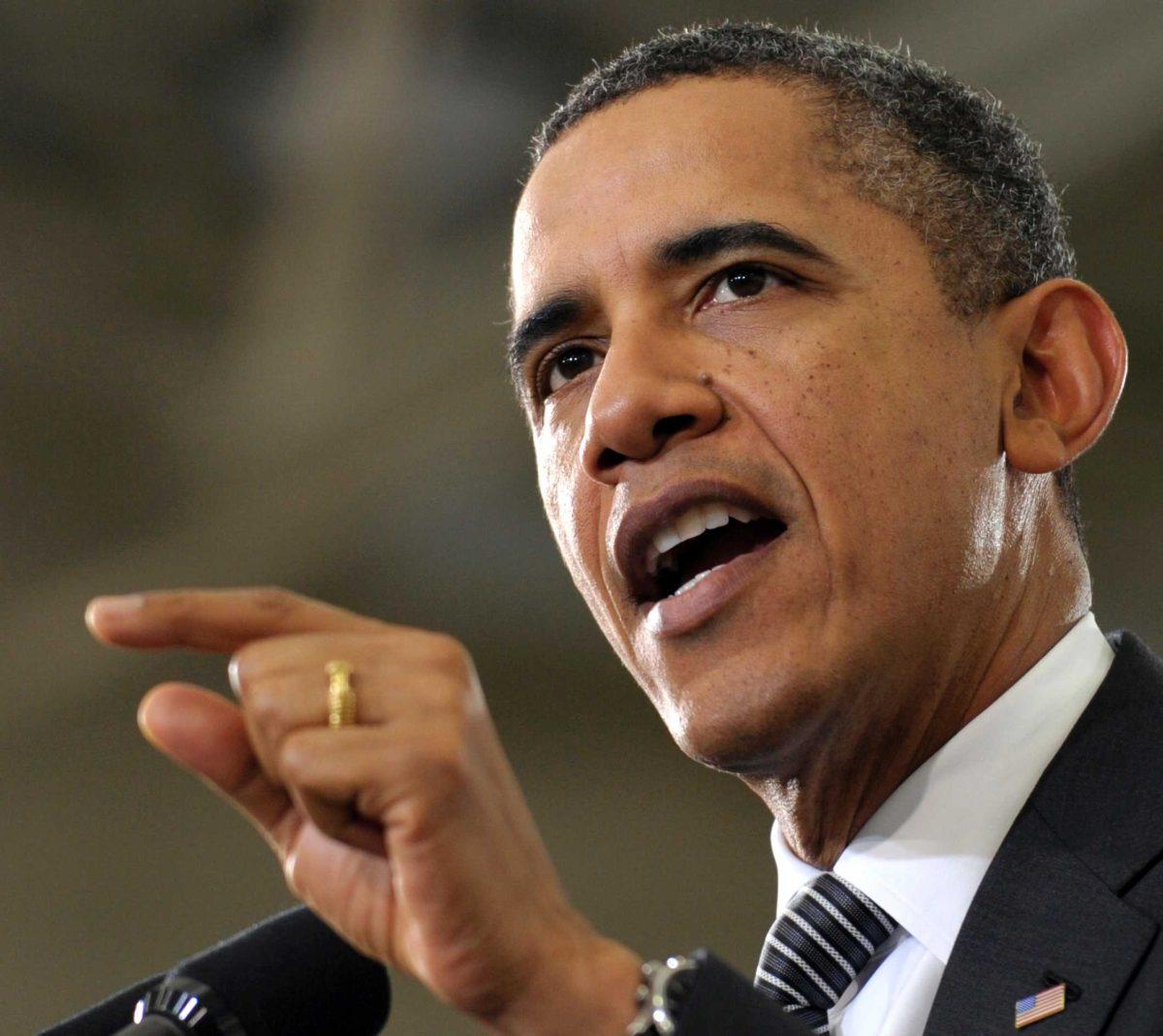Let me first get this out of the way: Iran is not what one would call a friendly regime.
The country censors its citizens’ Internet access, suppresses political dissent and sponsors the use of terrorism in foreign states to enact its political agenda.
That being said, the latest trumpeting for action against Iran is horrifyingly reminiscent of the days preceding the Iraq invasion.
Allow me to quell the hysteria.
Hostilities and rhetoric against Iran escalated after the International Atomic Energy Agency released a report last November on Iran’s nuclear program. The report stressed “serious concerns regarding possible military dimensions to Iran’s nuclear program.” However, the report did not conclude that Iran was developing a nuclear weapon.
Actually, most of the IAEA’s report on weapons-related work focused on programs that were shut down by Iran in 2003. Although the agency stated that aspects of the programs “may still be ongoing,” it didn’t offer concrete evidence to back up this assertion.
If that wasn’t all, the first part of the report expressed that Iran is not diverting uranium for use in a military project.
This, however, did not stop the United States’ media from reporting that Iran was undoubtedly on the verge of creating a bomb.
A day after the report was released, USA Today published a story headlined “UN agency issues red alert over Iran’s secret nuke program,” and an Associated Press article reported Iran was “on the brink of developing a nuclear warhead.”
MIT professor and celebrated political dissident Noam Chomsky expressed no surprise over the media’s exaggerated interpretation of the report.
“With rare exceptions, the media almost reflexively adopt the general framework put forth by the U.S. government,” Chomsky said.
So how worried should we be?
Chomsky argues that the United States is less concerned by a nuclear Iran’s military threat than its ability to undermine the United States’ pursuit of its own interests in the region.
If a nuclear Iran attacked, the U.S. or Israel would effectively blow the country away.
“Iran could be a threat to … U.S. control of the region,” Chomsky said, explaining that “even the harshest critics of the ruling clerics do not believe that they are intent on suicide.”
There is also speculation that Iran is using the threat of a nuclear weapon as a deterrent.
A 2010 Department of Defense report corroborates this by stating, “Iran’s nuclear program and its willingness to keep open the possibility of developing nuclear weapons is a central part of its deterrent strategy.”
Still, Iran is moving closer to having the ability to create a nuclear weapon, and while another bomb in the Middle East could prove to be dangerous in the already volatile region, there are few tenable options to dealing with the threat.
Sanctions may only serve to harm the Iranian people and “increase support toward the Iranian government and toward hostile actions,” LSU political science professor Mark Gasiorowski said.
A military strike could also result in a substantial loss of life and have a devastating impact on the world economy.
“It’s realistic to assume that oil prices could double or even triple at least for a few weeks or a few months, and that could set the world economy into a tailspin,” Gasiorowski said.
The obvious choice then becomes pursuing diplomatic negotiations with Iran.
Of course, in negotiations, Iran may makes demands of the United States, such as pressuring Israel into ceasing its expansion into the Palestinian territories.
But an actual diplomatic solution would keep us out of a war that would do nothing but cost us lives and money.
Don’t expect American elites to make that decision themselves, though. If the war in Iraq demonstrated anything, it was that pursuing our national interests overseas on false premises is worth any amount of American lives in the eyes of our decision-makers.
We have already been at war on the false threat of WMDs only to find out the mission was unnecessary.
We don’t need to sacrifice American lives by making the same mistake again.
David Scheuermann is a 20-year-old mass communication and computer science sophomore from Kenner. Follow him on Twitter at @TDR_dscheu.
—-
Contact David Scheuermann at dscheuermann@lsureveille.com
Manufacturing Discontent: Bombs Away
February 16, 2012





